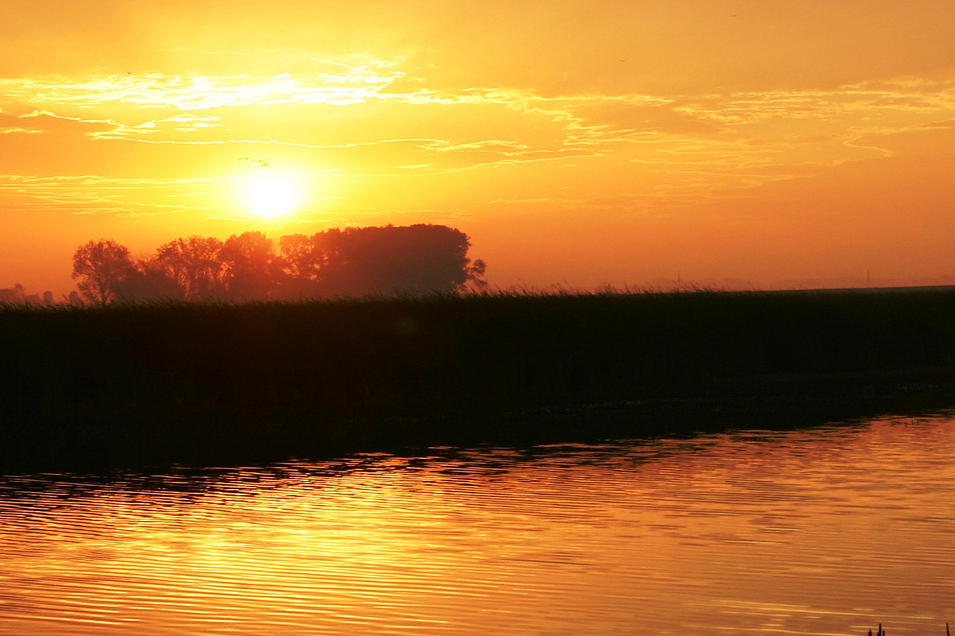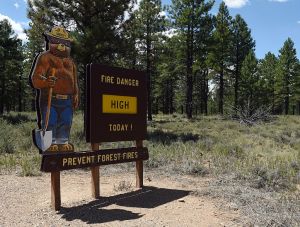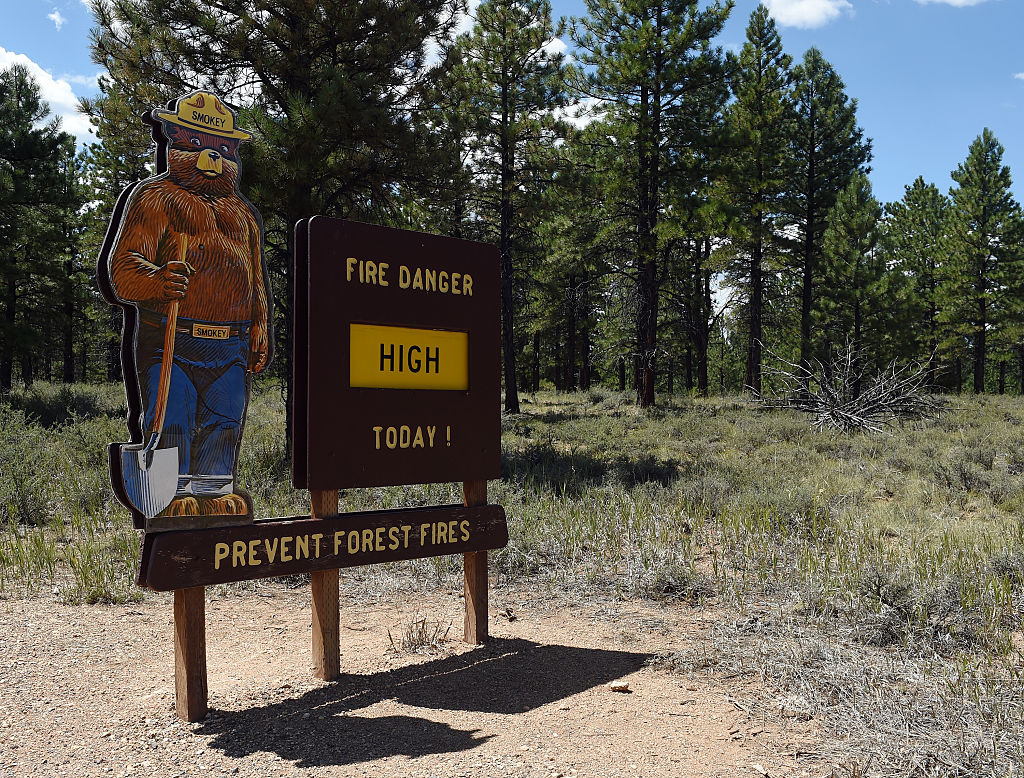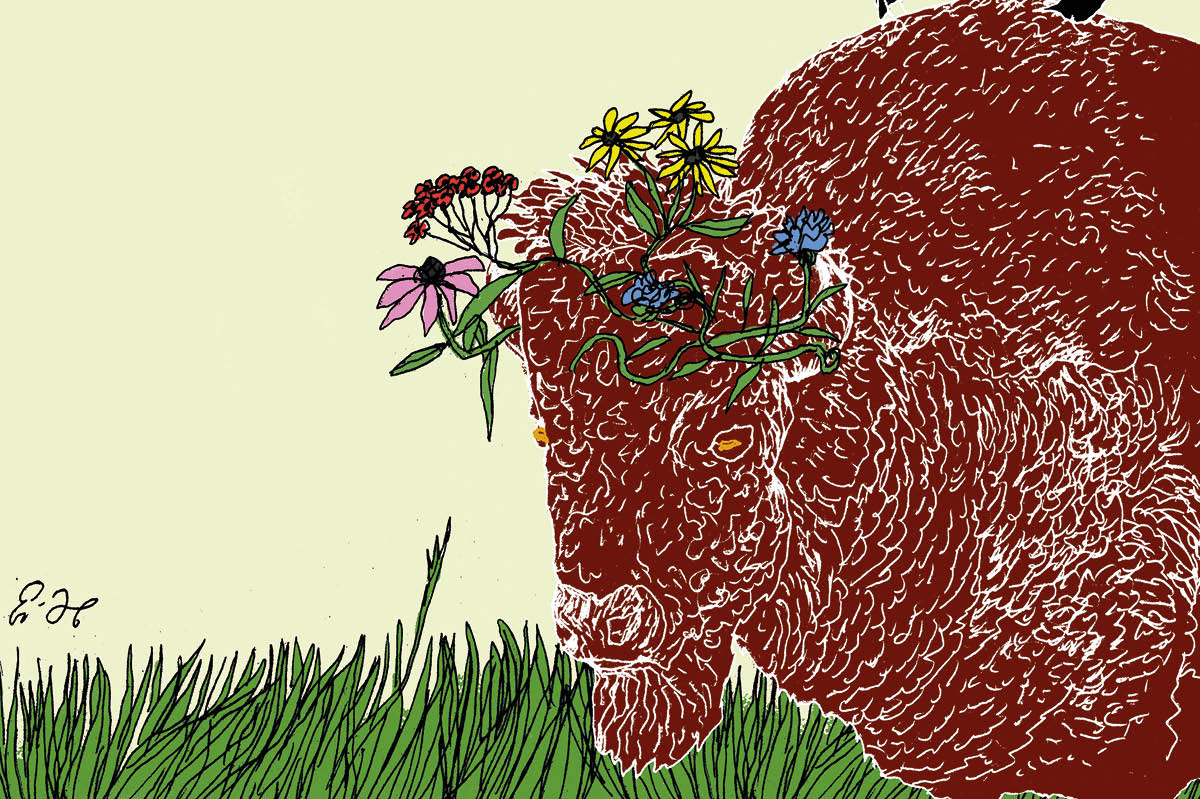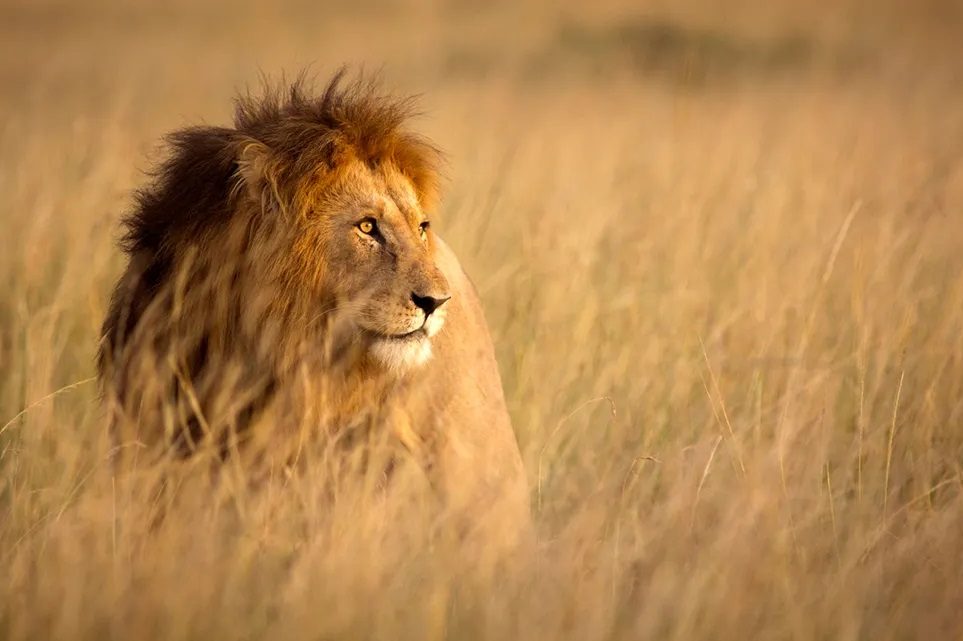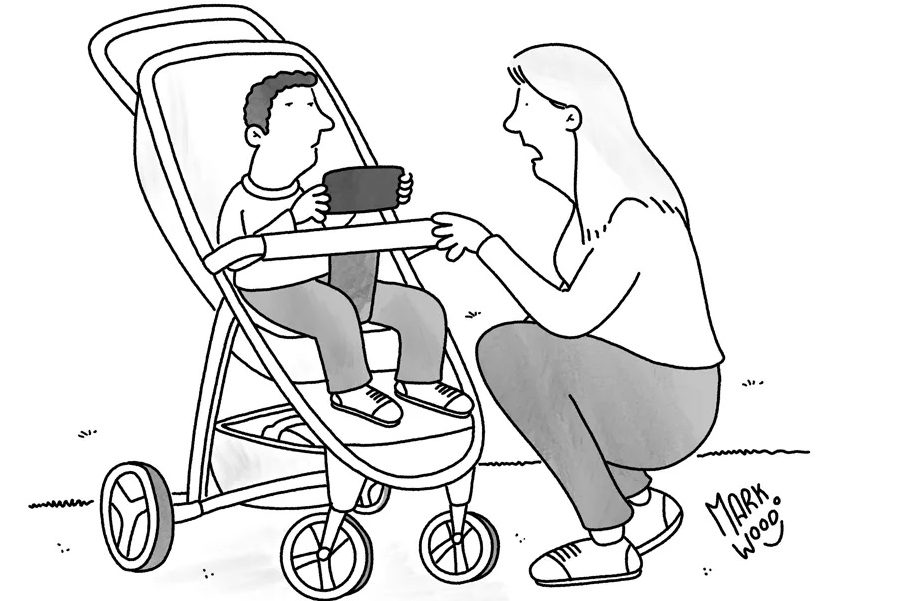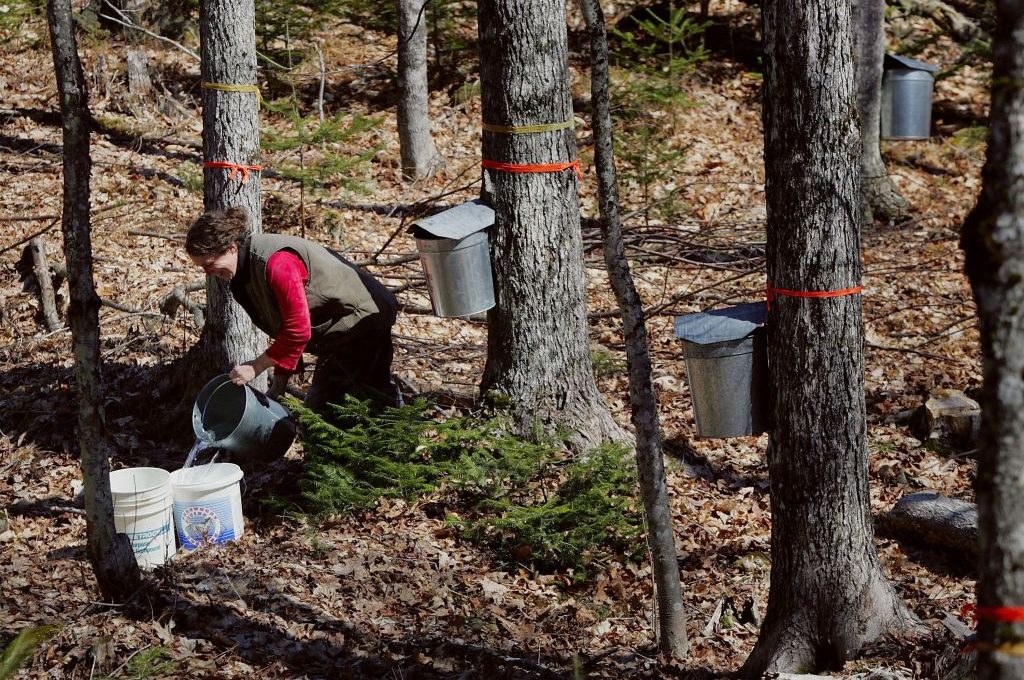The summer motorboats still roared this past weekend, their wake roiling the Midwestern lakes. The days continue hot, for the most part, and the sun bright. But something in the lower angle of the light now speaks of the season’s falling off toward winter. Something a little more golden — tentative and ephemeral — than the summer sun. Something more Septemberish.
Nonetheless, you could sit on the shore and watch the boats make their runs up and down the middle of the local South Dakota lakes — Lake Madison, Lake Herman — like mechanical salmon, determined to reach their final locks in the waning days. Like August behemoths, roaring their unwillingness to admit the season’s end. And who knows? Perhaps if they made their laps perfectly, trailing the laughing water-skiers who ride along behind them, time would stop and the summer stay. But probably not. Eventually, autumn always comes, out on the prairie, fading the green from the last stalks in the fields. And then the true cold, as the lakes freeze and the river hills pull a blanket of snow over their heads and sleep, counterpaned till spring.
There’s a metaphor there, I suppose, in the way the white wake of the motorboats out in the middle of the lake turns to a small wash, a gentle swell, by the time it reaches the shore. Events in the national news are like this, in the small towns of the Midwest. There’s the roiling of Brett Kavanaugh’s Supreme Court nomination over accusations that he assaulted a psychology professor, back when they were in high school, for example. The coming release of the Apple watch, Series 4. The loss of the aging New England Patriots to the Jacksonville Jaguars in football. The 12,000th blockbuster article about how Trump’s unpopularity has doomed the Republicans in this November’s midterm elections. Splashy back in D.C. and out in San Francisco, certainly. But just a swell, a small up-and-down motion, by the time it reaches the lake’s edge.
The metaphor is a reach, of course. A fun one, maybe: Will the waves caused by the national media’s distaste for Donald Trump, the relentless denunciations of all he does, splash high enough to swamp Midwestern politicians before the freeze of the election locks down the political season for another two years? Will a national repudiation of the Republicans raise the local waters enough to carry the Democrats to shore? But in the end the metaphor seems a failure, the figure more complicated than the phenomenon it’s trying to explain.
In truth, political views out on the prairie are fairly simple. They turn with the national tides, but more slowly and sedately. And the Democrats are starting from so far behind that nothing on the national scene has much chance of bringing them to real victory this fall. A few more state senators wouldn’t be a surprise, here in South Dakota, but the current total of 29 Republicans out of 35 members precludes any chance of a Democratic majority.
Over the past 20 years, the national pro-life movement has generally found pro-life Democrats a disappointment once they reached the national stage. But a recent debate between the candidates for South Dakota’s one congressional representative to Washington showed at least no difference in pro-life rhetoric between the Republican Dusty Johnson and the Democrat Timothy Bjorkman — which suggests that even the unlikely victory of Bjorkman wouldn’t prove that the much-claimed leftward tilt of American politics has reached the Midwestern plains.
Which is all right. This is fairly level land, scraped smooth by the glacial ice sheets somewhere around two million years ago. West of the Missouri, the earth is rougher: the Badlands, the Black Hills, the high plateau rising to the Tetons. But to the east, the ice flow sanded off the peaks and filled in the valleys. And in their retreat, glaciers left behind the melt water that gathered in all the thousands of little lakes that dot Wisconsin, Minnesota, and eastern South Dakota.
These are the lakes the motorboats prowl. The water-skiers bounce in the white wake as the boats turn away from the far shore to take another lap. The children shout as they bob up and down in inflatable cushions tied to a line from the stern. In the bright sunlight, under the pale sky, hardly anyone wants to notice the leaves on the shoreline trees turning brown. The grass fading to a dry yellow. The long slant of the late afternoon sun. All the signs of fall closing in.
Joseph Bottum is director of the Classics Institute at Dakota State University.



